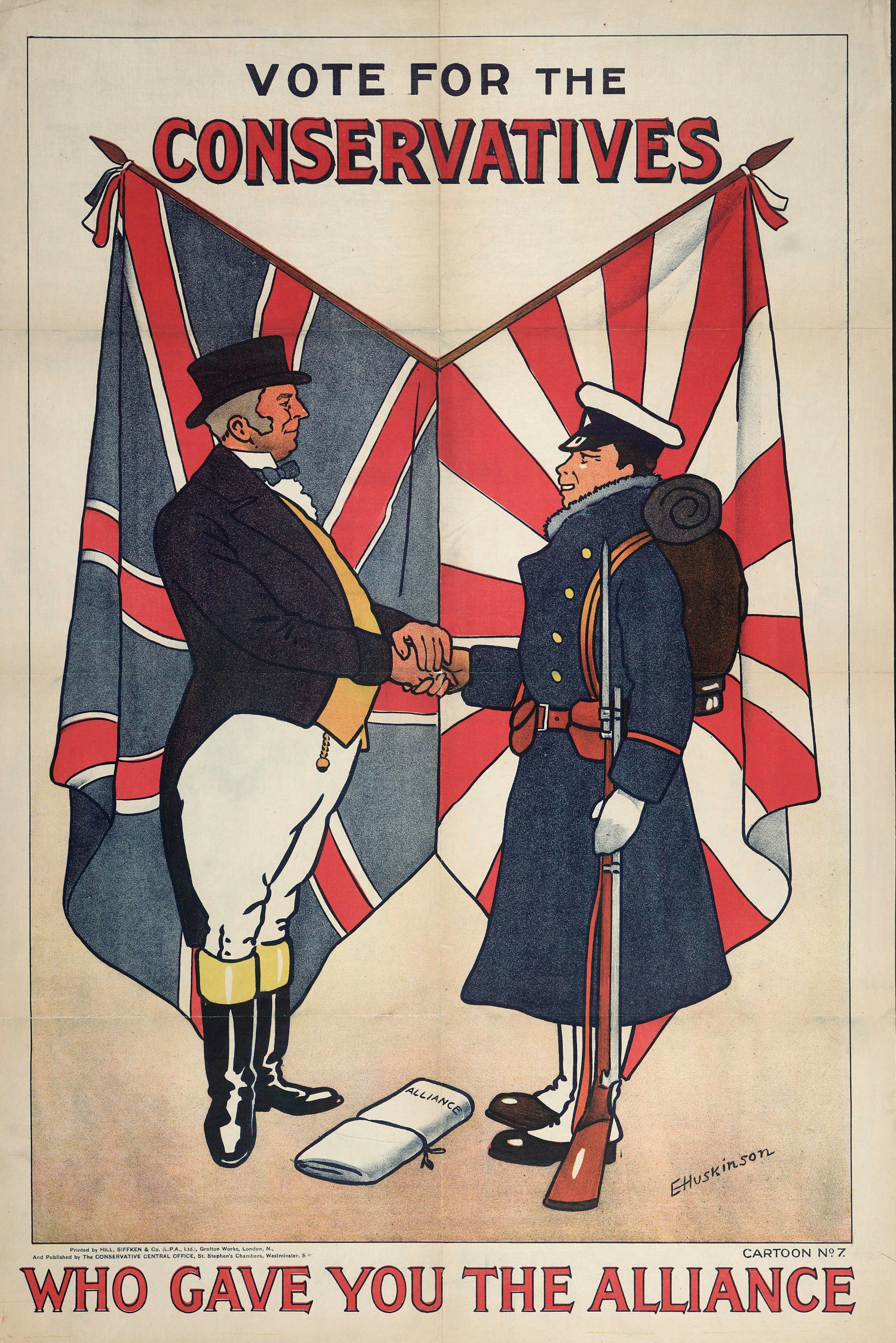
A Coalition at a Breaking Point
The political landscape in the Netherlands has recently experienced a significant upheaval, leading to the collapse of the government. Geert Wilders, the far-right leader known for his polarizing stances, has unexpectedly resigned from the coalition, marking a turning point for Dutch politics. This resignation has left a fragile coalition that has been struggling to reach a consensus since its formation last July.
The Impact of Wilders’ Departure
Wilders’ decision to leave the coalition sends shockwaves through the Netherlands’ political arena. His departure raises questions about the future stability of the government and how it will address pressing issues such as immigration, which has been a focal point of his political agenda. This situation highlights ongoing tensions within the coalition, which already faced challenges in aligning its diverse perspectives.
A Response to Immigration Policies
The resignation can be attributed to deeper frustrations surrounding immigration policies in the Netherlands. Wilders has consistently advocated for stricter immigration controls, a stance that has garnered both support and opposition. With his resignation, it remains to be seen how the remaining coalition members will navigate these contentious issues and whether they can unite under a common vision moving forward.
The political future of the Netherlands hangs in the balance as the nation braces for what may come next in this evolving political climate. As discussions unfold, the repercussions of Wilders’ departure will undoubtedly shape the Netherlands’ governance and policy direction in the months ahead.
Discover more from Techtales
Subscribe to get the latest posts sent to your email.